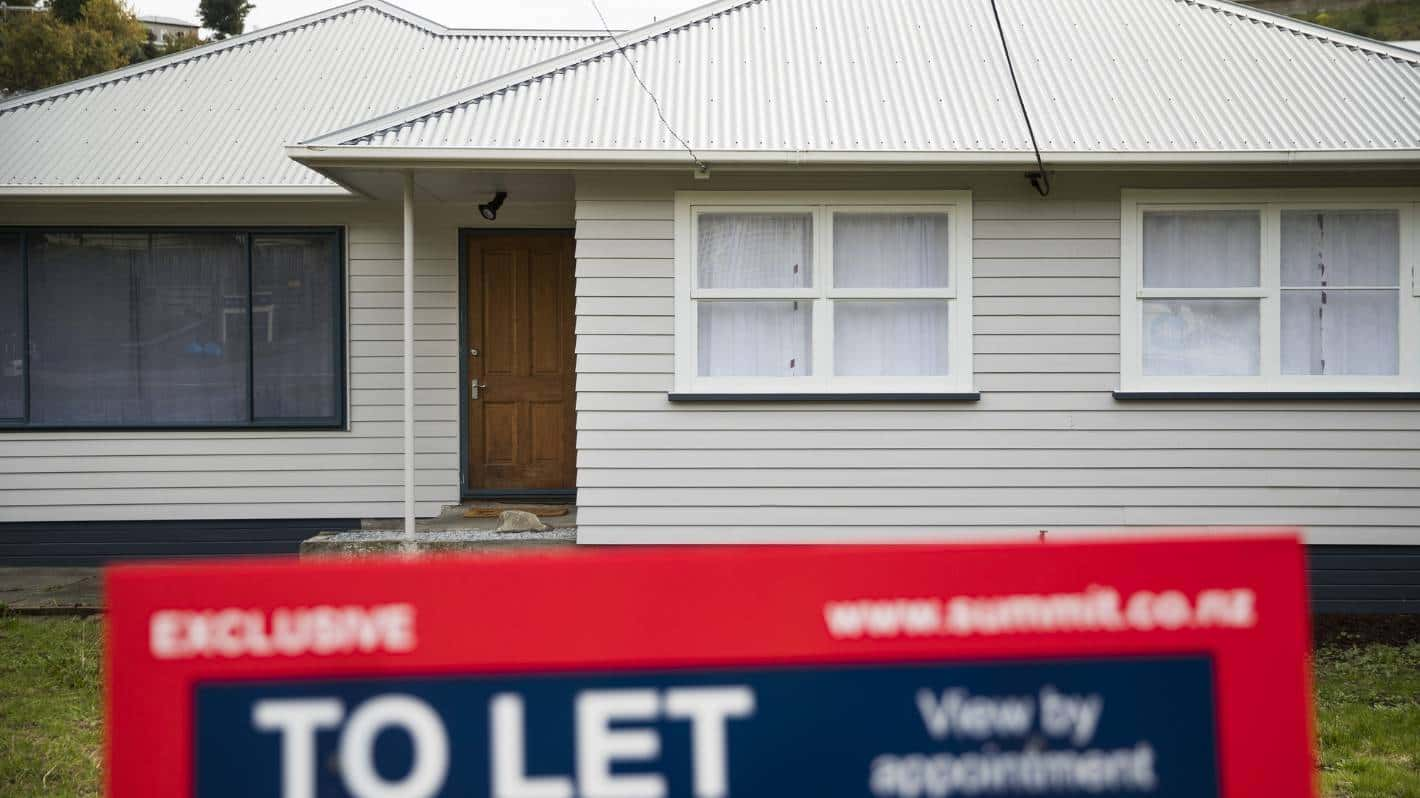By Tuesday morning, the prime minister had explicitly ruled out rent control policies as part of a hypothetical Labour-Green government after the election: “International experience suggests […] a restricting effect on the number of rentals accessible,” he stated.

The ACT Party’s housing spokesperson stated the legislation “attacks landlords,” while the Property Investors Federation’s vice-president predicted a “black market” in rental transactions.
National’s housing spokesperson Chris Bishop called the policy “economically illiterate,” saying, “Economists don’t agree on much, but almost all agree rent control policies […] are counterproductive.”
Social scientific research, particularly economics, can be used to argue against rent control policies, and found it compelling. According to one meta-analysis of 60 papers, “economic research quite consistently and predominantly frowns on rent control policies.”
These arguments tend to converge on the idea that controls have the opposite effect of their usually stated objectives: they reduce supply and degrade rather than raise housing standards.
However, some perspective is required. According to another worldwide study, “strongly held but highly polarised views” on rent control policies are “rarely strongly evidence-based.” In truth, the debate is far more complicated than many of the partisan arguments seem.
Existing studies tend to focus on so-called “first-generation” rent control policies. These include rent freezes, similar to the interim measures implemented during the COVID-19 pandemic.
First-generation rent control policies were extremely popular in Europe and, to a lesser extent, the United States during and immediately after World War II. Some rent control dwellings from that era still exist to this day, but they are few.
The Greens’ approach is most similar to second-generation rent control policies. These allow for rent hikes, but only under certain parameters (a maximum yearly increase of 3% under the Greens’ proposal). And landlords can only raise rents above those limits in limited circumstances (such as making considerable renovations to the dwelling).
Third-generation rent controls policies, on the other hand, apply exclusively within a single tenancy, whereas second-generation rent control policies apply both within and between tenancies. As a result, a landlord cannot raise the rent over the set amount before the start of a new lease.




